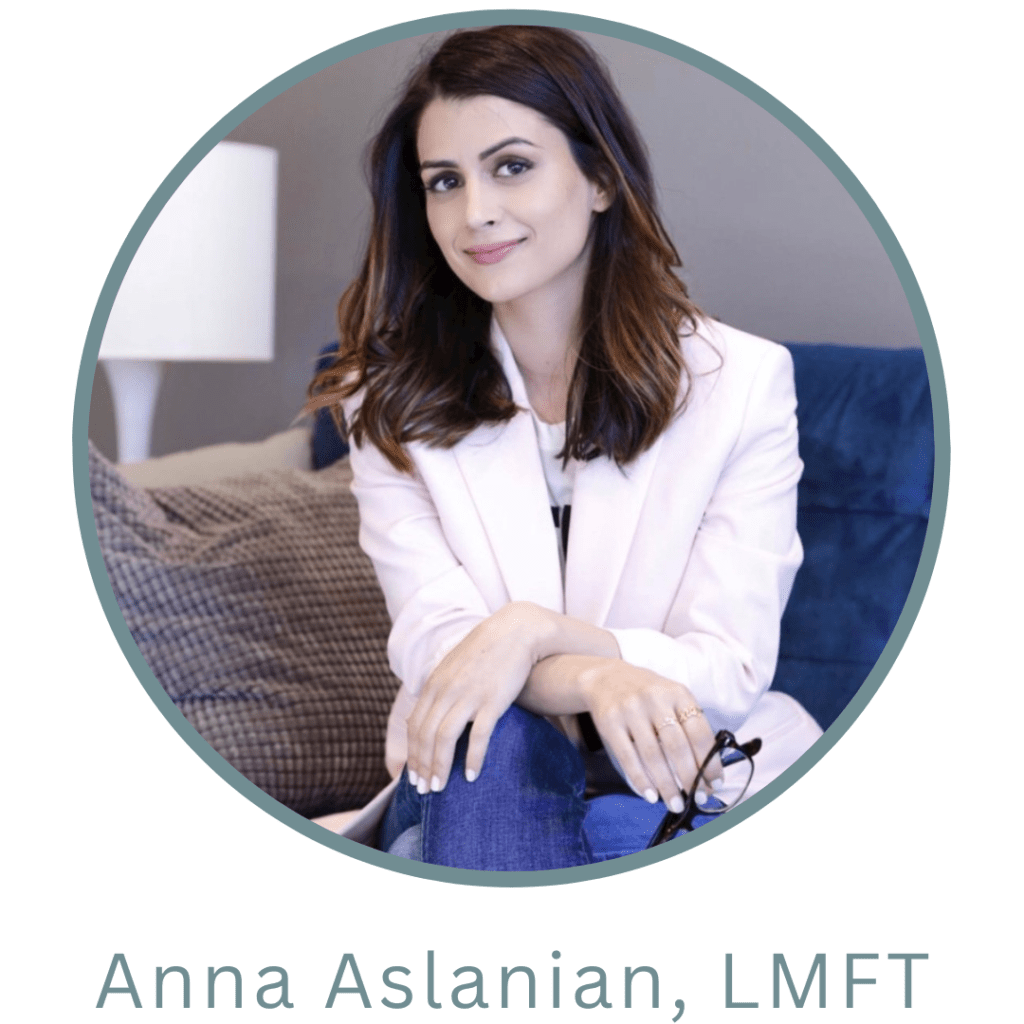
Addiction is the temporary solution to your trauma, it is a familiar and learned coping mechanism that can keep you away from addressing the root cause of the trauma.
Addiction and Trauma
Addiction is a way of attempting to cope with emotional and psychological pain. Addiction can become a maladaptive coping mechanism, leading to further harm and distress.For example, someone might engage in substance abuse as a way of temporarily numbing their feelings or avoiding addressing the root cause of their trauma. Unfortunately, this solution is not sustainable in the long-term. The immediate relief from the addiction is only temporary and can make it even more difficult to address the underlying cause of trauma. By continuing to engage in addictive behaviors, one may inadvertently be preventing themselves from healing and growing in positive ways. It’s important to understand that addiction is not a sign of weakness or lack of willpower. Rather, it is a complex condition that can be driven by deep-rooted emotional, psychological, and physiological factors.

Family and Addiction Recovery

Addiction Therapy Healing
- The addict’s recovery (that needs to be ongoing).
- Loved one’s therapy to heal the betrayal trauma and any childhood trauma wounds.
- Relational healing- family therapy with a trained professional so you become a “family in recovery”, healing and growing together.
Addiction is overwhelming, don’t take it on alone. There are trained professionals to assist the person suffering from addiction and the family members who are also suffering. Together, with the help of a therapist in your area, you can regain control of your lives.


